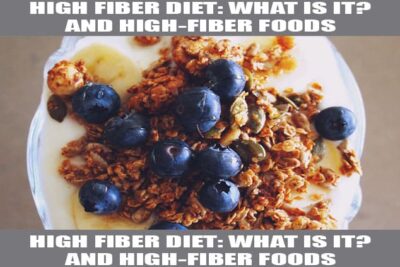
Keto Science: Unlock the Power of Ketosis
The world of keto science explores how our bodies switch from using carbs to fats for energy. This change, key to ketogenic diet research, brings many health benefits. These include weight loss, better brain function, and improved metabolic health.
By focusing on evidence-based keto information, we see how a keto lifestyle can boost our health and mind.
Studies show that ketosis can lead to big weight loss by using fat for energy. A vegetarian keto diet might also improve cholesterol levels. It can raise HDL (good cholesterol) and lower LDL (bad cholesterol).
The ketogenic diet has many health benefits. It can help reduce hunger and lower inflammation, which may lower the risk of chronic diseases. It can also help with high blood pressure and heart health.
Athletes might see better endurance and stamina. People with epilepsy could have fewer and less intense seizures.
Research by Keith Baar at UC Davis Health shows the diet's benefits for older adults. It helps keep muscle function and mass by increasing muscle mitochondria. Ketosis also improves brain health, which may protect against Alzheimer's disease.
As we learn more about ketosis, keto science grows. It's changing how we think about diet, health, and living longer.
Exploring the Basics of Keto Science and Metabolic Transformation
The science behind keto is key to understanding how it changes our metabolism. Keto science updates give us a lot of information on how our bodies adjust to new energy sources. Knowing this helps us use diet to improve our health.
Reduced Carb Intake and its Impact on Glucose Depletion
Starting a keto diet means cutting down carbs a lot. You aim for carbs to make up only 10% of your daily calories. This leads to a drop in glucose, the body's main energy source.
Studies show that the body then starts using ketones, made from fat, as energy. This is a big change in how we get energy.
Increased Fat Consumption: The Shift to Ketogenic Energy
With fewer carbs, you eat more fat, about 70% of your daily calories. This isn't just to fill the calorie gap. It's a smart move to boost ketosis.
Keto science updates tell us this change helps keep energy levels up and makes our metabolism more flexible.
Ketone Bodies Explained: The Alternative Energy Source
Ketone bodies are at the heart of keto's benefits. They are strong energy sources, like beta-hydroxybutyrate, made from fat. They are vital for organs, like the brain.
Many keto studies show how ketone bodies help the brain work well, unlike glucose. This is a big difference.

By studying keto, we learn how it helps with weight loss and improves insulin use. This shows the keto diet's true power, as seen in recent keto studies.
What does the science say about the ketogenic diet?
The ketogenic diet is a topic of great interest in the health world. Keto science articles and studies provide insights into its effects on the body and mind. This diet has been studied for its many health benefits.
This diet focuses on fats, making up more than 70% of daily calories. It changes how the body uses energy, burning fats instead of carbs. This leads to several benefits of the ketogenic diet.
Studies by Bueno et al. show it can lead to more weight loss than low-fat diets. Brehm et al.'s research also supports its benefits for heart health. These findings are important for those looking to improve their health.
Research also highlights cognitive benefits. A study by the KU Medical Center found Alzheimer’s patients improved on a ketogenic diet. Their cognitive scores showed significant improvement.
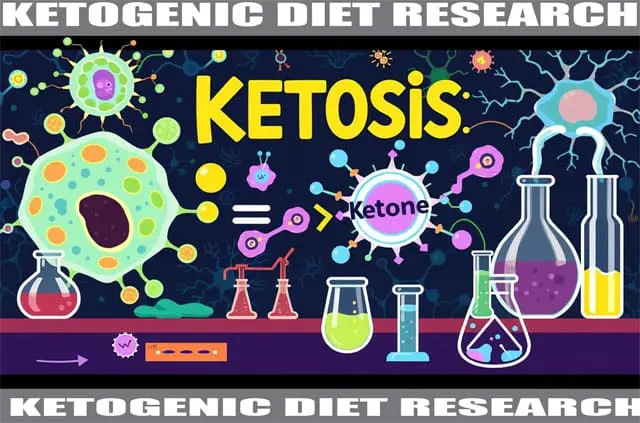
But, the ketogenic diet has its challenges. It can cause the "keto flu," with symptoms like headaches and fatigue. It's also important to stay hydrated and watch nutrient intake to avoid issues like kidney stones.
The study of keto science has a long history, dating back to the 1920s. Research by Newburgh and Marsh showed its benefits in treating diabetes. Today, studies continue to explore its effects on chronic diseases and more.
The ongoing research makes the ketogenic diet a topic of ongoing discussion. It's important to understand how diet choices affect our health in the long run. As research evolves, the ketogenic diet remains a significant area of study in nutritional science.
Keto Science: The Role of Fat in Energy Metabolism
The keto science shows how we switch from carbs to fats for energy. This is key to understanding the scientific approach to keto. Fats are not just energy; they help us enter ketosis, where we burn fat for fuel. This leads to many health benefits.
When we eat less than 50 grams of carbs a day, our body starts using fat for energy. This change makes our liver turn fat into ketones. Ketones are fuel for our body when we don't have much sugar in our blood.
This process makes our body use fat for energy. It often leads to weight loss and better energy levels.
Some fats, like those in avocados and nuts, are special. They have lots of monounsaturated fats. These fats help make ketones and keep our energy up. They give us a steady source of fuel. So, these fats are very important in the keto science.
The ketogenic diet is also good for managing metabolic disorders. People on very-low-calorie ketogenic diets have seen big health improvements. They lost a lot of weight, had better lipid profiles, and controlled their blood sugar better.
Almost 96% of people on a strict ketogenic diet lost over 10% of their body weight in two months. This shows how effective this diet is for changing how our body uses energy and its overall shape.
In conclusion, the scientific approach to keto is more than just losing weight. It changes our energy source from carbs to fats. This diet uses an ancient metabolic pathway called ketosis. It brings many health benefits, as science has shown.
Discovering the Health Benefits of a Ketogenic Lifestyle
The ketogenic diet is gaining popularity fast. This is thanks to keto science updates and research showing its many health benefits. It's a diet high in fats and low in carbs, helping with weight control and improving metabolism.
Weight Loss and Body Composition Changes
The ketogenic diet helps with weight loss and better body shape. It makes your body burn fat for energy, reducing body fat, including belly fat. Belly fat is linked to diseases like type 2 diabetes and heart disease. Studies show people on this diet lose more weight than those on low-fat diets.
Enhanced Mental Clarity and Cognitive Function
One big benefit of the ketogenic diet is better mental clarity and brain function. When you eat fewer carbs, your brain uses ketones for energy. This boosts your brain health and might lower the risk of brain diseases.
Improved Blood Sugar Regulation and Insulin Sensitivity
People on a ketogenic diet often have better blood sugar control and insulin sensitivity. This diet helps lower blood sugar and insulin needs. It's good for those with diabetes and can help prevent it in others.
Cardiovascular Health Improvements: Cholesterol and Blood Pressure
Keto followers often see better heart health, like lower triglycerides and better HDL cholesterol. They also have lower blood pressure. These changes help lower the risk of heart disease and other heart-related problems.
| Health Parameter | Effect of Ketogenic Diet |
|---|---|
| Weight Loss | Greater initial loss compared to low-fat diets |
| Blood Sugar Levels | Significant reduction beneficial for diabetes management |
| Blood Pressure | Reduction, decreasing risk of heart disease and stroke |
| Triglycerides | Dramatic decrease, lowering cardiovascular disease risk |
| HDL Cholesterol | Increases, which is beneficial for heart health |
Navigating the Vegetarian Keto Diet: Foods and Strategies
Starting a vegetarian keto diet is a unique blend of ethics and health. It focuses on plant-based fats and proteins, unlike traditional keto diets. This diet keeps carbs low while using plant-based sources.
Recent ketogenic diet research shows benefits like better heart health and weight control. Eating low-carb veggies like spinach and cauliflower is key. Avocados, nuts, and seeds help keep you in ketosis.
Plant-based proteins are vital in a vegetarian keto diet. Tofu, tempeh, and eggs are good sources. Knowing what to eat is important for staying balanced.
Ketogenic diet research shows vegetarian keto diets might lead to less weight gain. They could also lower heart disease risk and HbA1c levels, helping with type 2 diabetes.
Here’s a quick guide to vegetarian keto-friendly foods:
| Food Category | Examples | Benefits |
|---|---|---|
| Low-Carb Vegetables | Spinach, Kale, Cauliflower | Foundational elements providing vitamins and minerals |
| Healthy Fats | Avocados, Olive oil | Supports ketosis and overall health |
| Nuts and Seeds | Almonds, Chia seeds | Great sources of plant-based proteins and fats |
| Plant-Based Proteins | Tofu, Tempeh | Helps meet protein requirements without meat |
Vegetarian keto followers might need supplements for nutrients like B12 and omega-3s. Blood tests and health advice help keep you healthy and in ketosis.
Eating out can be managed by asking for tofu instead of meat. Choose steamed, baked, or grilled options to stay on track.
Vegetarian keto diets support weight control and diabetes management. They also align with sustainable and ethical eating. By choosing wisely, you can enjoy health benefits and follow your values.
Conclusion
The ketogenic lifestyle offers more than just weight loss. Switching to a fat-based diet changes how our body works. It enters a state of ketosis, which helps with weight loss and improves health in many ways.
But, it's important to find a balance. Studies show that eating high-quality fats and moderate protein is best. This approach leads to better health, not extreme diets.
The keto diet was first used to treat epilepsy. Now, it's popular for weight loss and better blood sugar control. It can also improve mental focus and might protect the brain.
But, it's not without risks. You need to stick to it closely and watch for long-term health issues. Some people might see big benefits, while others could face problems like high cholesterol or not getting enough nutrients.
Deciding to try the keto diet should be thoughtful. It's best to get advice from experts and use reliable information. The keto diet can help manage chronic conditions and improve metabolic health.
But, it's all about balance. Eating whole, nutrient-rich foods is key. Listening to both science and your own health goals is the way to a healthy, fulfilling life on the ketogenic diet.
FAQ
What is keto science and how does it relate to ketosis?
Keto science is about the body's ketosis state. This is when it uses fat for energy, not carbs. It's a diet low in carbs and high in fat, leading to ketone production.
How does reducing carbohydrate intake affect the body?
Cutting down carbs depletes glucose stores. The body then turns to ketones for energy. This happens when it starts burning stored fat.
What are ketones and why are they important?
Ketones are molecules made during ketosis. They serve as energy for the brain and body. They become the main fuel when carbs are limited.
Are there any scientific studies that support the benefits of a ketogenic diet?
Yes, many studies show its benefits. These include more weight loss, better brain function, and controlled hunger. It may also help with heart health and blood sugar.
What role does fat play in a ketogenic diet?
Fat is the main energy source in a keto diet. The liver turns fats into ketones. This replaces glucose from carbs.
What are the health benefits associated with a ketogenic lifestyle?
A keto lifestyle offers many benefits. It can lead to weight loss, clearer thinking, and better blood sugar control. It also improves insulin sensitivity and heart health.
Can a vegetarian keto diet be as effective as a standard keto diet?
Yes, a vegetarian keto diet can be just as effective. It includes low-carb veggies, healthy fats, and plant-based proteins. It meets the needs for staying in ketosis.





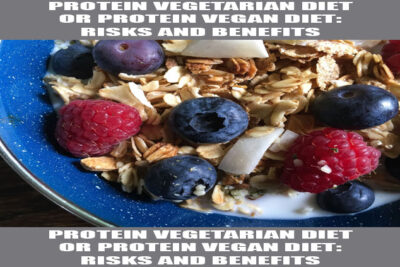
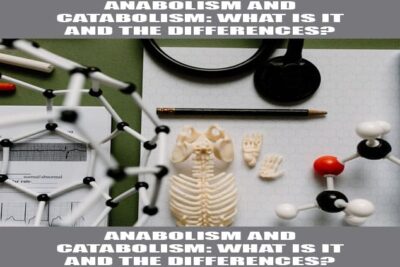


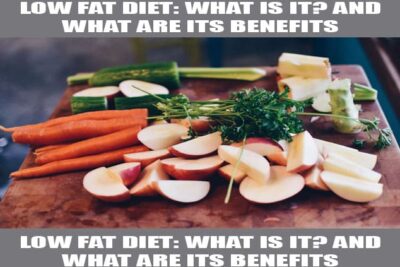


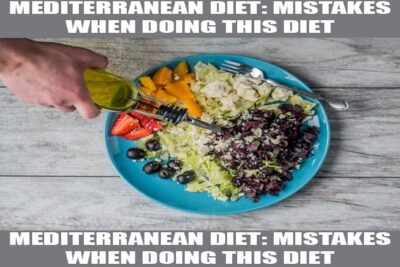

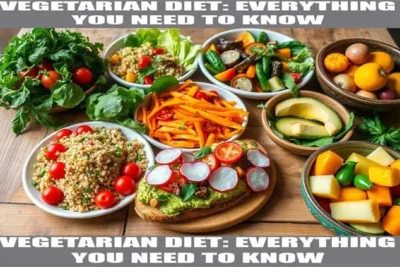




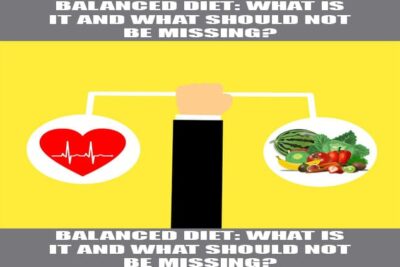

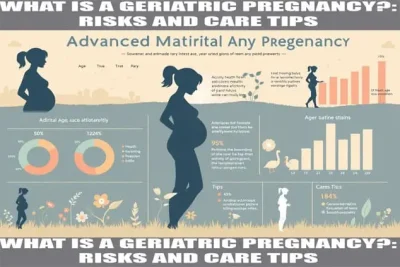
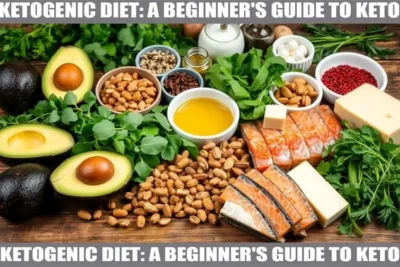


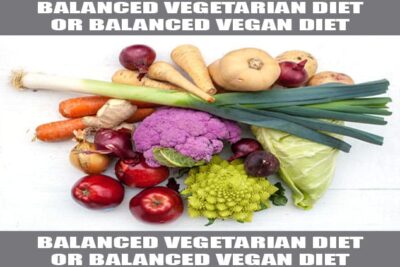




Content that may interest you